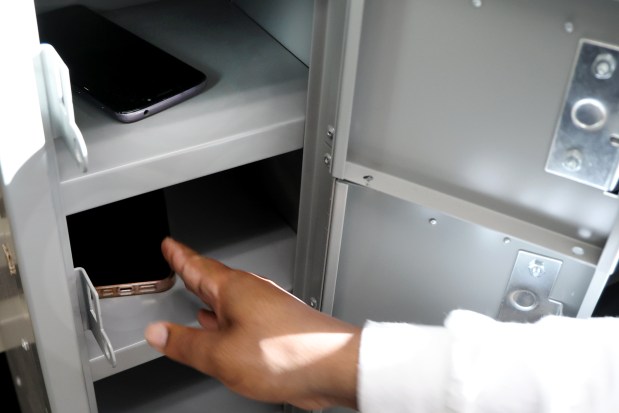The Duneland School Corporation might ask the voters this November to renew an operating referendum because of a change recently enacted by the state legislature.
Superintendent Chip Pettit during Monday’s school board meeting emphasized that he hasn’t decided what he will recommend. The board will make the final decision.
Duneland officials are still analyzing the potential financial impact of Senate Enrolled Act 1 on the school budget. The wide-ranging bill includes provisions that cap how much local governments and school districts can realize from an increase in property values in coming years.
Voters in 2019 approved the 7-year referendum, which provided $8.8 million annually to supplement the school corporation’s educational programs. The levy is currently calculated at 22 cents per $1,000 of property valuation.
The funds generated make up 10% of the 2025 budget, which was $89 million.
Originally, Pettit said it was likely that he was going to ask Duneland voters to renew the operating referendum in the May 2026 primary.
But one of the changes with Senate Enrolled Act 1 is that school districts can no longer put an operating referendum up for a vote in a primary. Referendums now must appear on the November general election ballot.
“As a result, once specifics to how Senate Enrolled Act 1 will impact the Duneland community and school corporation (are known), I may ask the Board to consider placing the referendum on the ballot in November 2025,” Pettit said.
If the renewal doesn’t appear in November 2025, it would have to be on the November 2026 ballot.
The Duneland School Corporation would like to know if the operating referendum is renewed because it would “provide cost certainty for budget development in 2027 and beyond,” Pettit said.
“With our current referendum funds lasting through 2026, I believe it would be difficult to ask the Board to approve a budget in the fall of 2026, for 2027, without knowing whether referendum funding is available,” Pettit said.
About half of the school corporation’s budget comes from property taxes collected within the Duneland School Corporation while the state provides the remaining amount.
“We are currently working with our financial advisors to sort out the projected impact of SEA (Senate Enrolled Act) 1,” Pettit said.
Pettit said one certainty is that inflation in the past few years has been significant, causing operating costs for the school corporation to increase.
“If tax revenue decreases, the budget cannot support the same or an increased level of expenses, which means that reductions and cost-cutting measures must be taken,” Pettit said.
School Board President Brandon Kroft, during his presentation on the recent Indiana legislative session, noted that Senate Enrolled Act 287 eventually settled on keeping the vote for school board members to the general election.
The change is that candidates for the school board can declare a political party affiliation or choose to say they are independent or make no party declaration at all. School board elections before had been non-partisan.
Jim Woods is a freelance reporter for the Post-Tribune.





